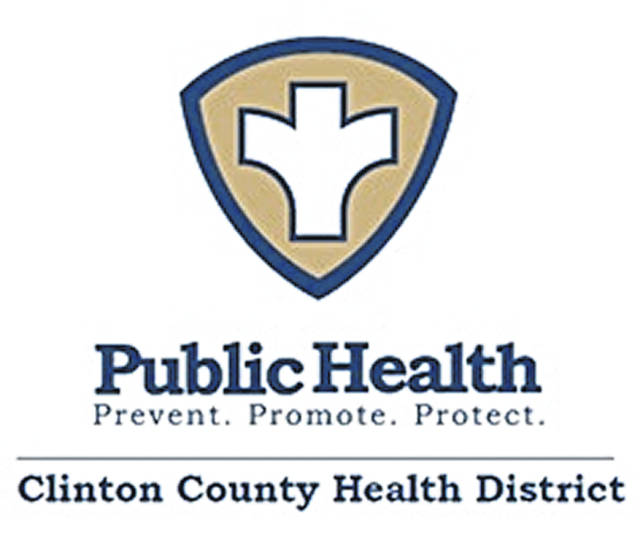
Collagen. It’s been called the fountain of youth by some, but is it?
Collagen is the most abundant protein in the human body. It is the main component of connective tissue that makes up our bones, skin, muscle, tendons and ligaments. It provides structure for many parts of the body. It has been called the glue that holds everything together.
There are many types of collagen which target different parts of the body. Types I, II, III, and IV make up about 90% of the collagen in our bodies. Collagen can be made from the foods we eat or by taking a collagen supplement.
Collagen supplements are gaining in popularity with the powdered form being the most common. The powder can be added to your breakfast smoothie.
Most collagen supplements are hydrolyzed, meaning the collagen protein is broken down into smaller parts called peptides. This makes it easier to absorb into your bloodstream.
While the studies to test the benefits of collagen supplements are still in the early stages, there have been some positive outcomes.
Some of these studies suggest that collagen supplementation may slow the aging of your skin, which means fewer wrinkles. It may reduce inflammation providing less pain and more flexibility for people with arthritis pain, increase muscle mass, less bone loss and supports heart health by possibly reducing the incidence of atherosclerosis. Collagen may also improve gastrointestinal issues.
Collagen production decreases as we age, either because we don’t absorb nutrients like we used to or don’t utilize them as efficiently. A poor diet can also lead to a decrease in collagen production.
Too much sugar and refined carbohydrates can interfere with collagen’s ability to repair it. Too much UV light and smoking can also lead to reduced collagen production.
Collagen is found in the connective tissue of animal foods such as chicken and pork rinds, salmon skin and bone broth.
Bone broth can be purchased at the grocery or made at home. It is a slow-cooking process where you simmer the ingredients for up to 12 hours. You can find recipes online.
Collagen production also requires other nutrients which includes vitamin C and zinc. Vitamin C-rich foods include tomatoes, green peppers and citrus. Good food sources of zinc are red meat, poultry, beans, nuts and whole grains. Eating a variety of foods from all the food groups is encouraged.
So, it may not be the fountain of youth, but the studies are showing some exciting results. As of now, there is little evidence of side effects with supplementation.
If you choose to supplement with collagen, pick ones from a high-quality source.
Rhonda Kissick, RD, LD, is with the Clinton County Health District – WIC.


